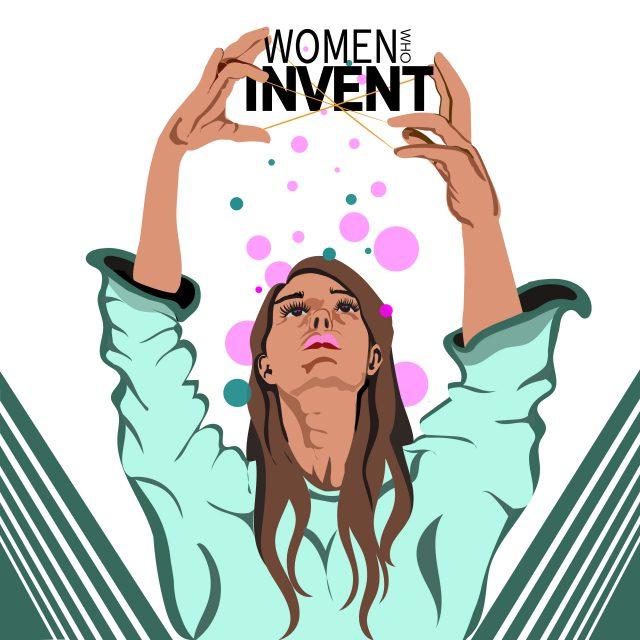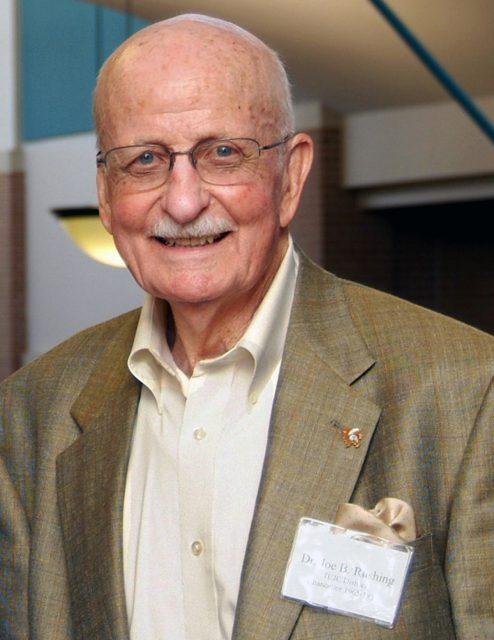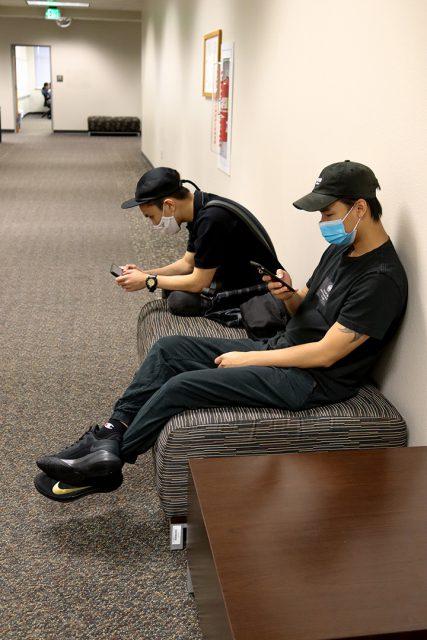Alyson Oliver
senior editor
Ada Lovelace was the first computer programmer. While writing about the hypothetical Analytical Engine, she proposed a computer could be programmed — or follow a series of steps — to make calculations, according to Britannica.
After noticing her china plates chipped while she washed them in the sink, Josephine Cochrane thought there had to be a more efficient way to do the dishes, according to Lemelson-MIT. Thus, after doing plenty of work, the first dishwasher was born.
The board game “Monopoly” was derived from “The Landlord’s Game,” an extension of inventor Lizzie Magie’s progressive beliefs and a critique of figures like Andrew Carnegie, according to The New York Times. She created two versions — monopolist and anti-monopolist — to show the advantages of the anti-monopolist rules.
Marie Van Brittan Brown laid the foundation for modern security. Concerned for her safety due to her and her husband’s irregular work hours, she created the first closed-circuit television security system so she could remotely see and communicate with anyone outside her door, according to Lemelson-MIT.
Mary Anderson invented windshield wipers, a modern necessity. After watching her driver use his hands to push water from the windshield during a rainy drive from Alabama to New York City, she decided to come up with a more efficient way to keep the windshield free of water, according to Lemelson-MIT.
Evelyn Berezin, alongside a few of her colleagues, invented the electronic word processor, according to the National Inventors Hall of Fame. This not only gave users the ability to reprint their text but the luxury of being able to edit it as well.
Patricia Era Bath was the first Black woman to receive a medical patent, according to The New York Times. In her mission to fight against blindness, she invented laser surgery to remove cataracts from the eyes.
Ann Tsukamoto was a part of the invention of stem cell isolation, which has contributed greatly to cancer research, according to The Inventors. Tsukamoto has continued to conduct potentially life-saving research related to stem cells.

The long road to having a voice
celebrate the women of the past and present and support our young women of the future as we continue the journey towards equality.
https://collegian.tccd.edu/the-long-road-to-having-a-voice/

































